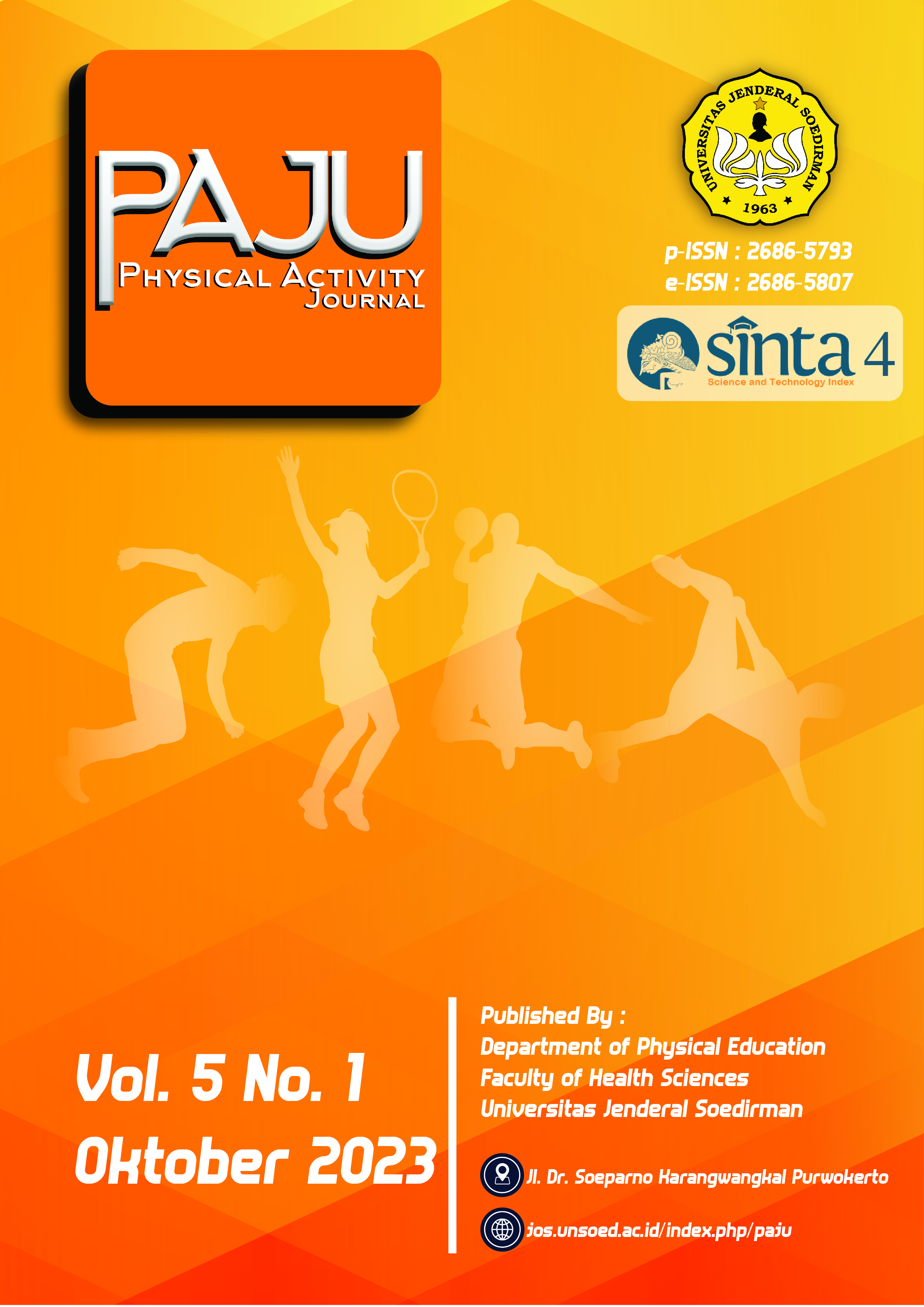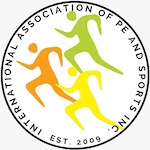Performance Measures in Evaluating the Effectiveness of Teaching Methods and Skills in Karate
Abstract
Performance measures are crucial in evaluating the effectiveness of teaching methods and skills in karate. Studies have shown that using a program based on multiple intelligences can improve basic skills and cognitive load. Special training can also affect physical skill requirements in offensive karate kumite players. Factors such as general motor efficiency, specific speed, specific agility, and technical efficiency can also be identified. The study sample is chosen from karate athletes in preparatory schools and practitioners, with a sample size representative of the population of interest. Data collection tools include surveys, assessments, and observations. The study sample was chosen from Karate athletes in preparatory schools and 50 students of karate practitioners. A research design that includes quantitative and qualitative data collection techniques is used to evaluate the effectiveness of teaching methods and skills in karate. The study can be conducted in karate training centers or schools, and data analysis can be conducted using statistical methods to examine the relationship between performance measures and teaching methods. These results suggest that all teaching methods significantly impact the participants performance compared to the control group. Training methods used in the experiment group successfully enhanced karate performance. Ethical considerations must be taken into account when analyzing performance measures
References
Asim, Ghazi Mohammed. (2023). Confirms in two studies in assessing the skillful performance in some karate skills and another in an analytical study on the World Karate Championship in Dubai 2022. And the performance analyzer is to assess the correct performance. Journal of Applied Sports Science,December 2023, Volume 13, No. 2, 2023: 16-21
Cavala, M., Jukic, J., Babin, B., Zagorac, N., & Katic, R.(2014). Karate Efficiency and the Development of Some Anthropological Features among 7th and 8th Grade Pupils in Elementary School/Efikasnost karatea u funkciji razvoja nekih antropoloskih obiljez
El Kader, A.A. (2012). Effectiveness of Teaching Strategies According to the Multiple Intelligences on the Performance Level of Some Basic Skills and the Cognitive Load for Beginners in Karate
Ghazy, K., Ibrahim, A.M., & dahab, Y. (2021). The effect of special training on some physical skill requirements associated with the offensive performance of karate kumite players
Hastie PA, Li P, Liu H, Zhou X, Kong L. (2022). The Impact of Sport Education on Chinese Physical Education Majors Volleyball Content Knowledge and Performance. Res Q Exerc Sport. 2022 Apr 18:1-9. doi: 10.1080/02701367.2022.2026866. Epub ahead of print. PMID: 35
Matsui, M. (2017). Conductive Composite Flaments And Methods For Producing Saeed Composite Filaments
Nthiga, P.R. (2016). The effect of multimedia cases on science teaching self-efficacy beliefs of prospective teachers in Kenya
Przybylski, P., Janiak, A., Szewczyk, P., Wielinski, D., & Domaszewska, K. (2021). Morphological and Motor Fitness Determinants of Shotokan Karate Performance. International journal of environmental research and public health, 18(9), 4423
Sertic, H., Vidranski, T., & Segedi. (2016). Construction and validation of measurement tools for the evaluation of specific agility in karate
Sertic, H., Vidranski, T., & Segedi, I. (2011). Construction and Validation of a Measurement Instrument for Evaluation of Specific Agility in Karate. Ido Movement for Culture. Journal of Martial Arts Anthropology, 11
Sertic, H., Vidranski, T., & Segedi, I. (2016)Construction and validation of measurement tools for the evaluation of specific agility in karate
Terry, P. C., & Slade, A. (1995). Discriminant effectiveness of psychological state measures in predicting performance outcome in karate competition. Perceptual and motor skills, 81(1), 275–286. https://doi.org/10.2466/pms.1995.81.1.275
Vando, S., Longo, S., Cavaggioni, L., Maurino, L., Larion, A., Invernizzi, P. L., & Padulo, J. (2021). The Effects of Short-Term Visual Feedback Training on the Stability of the Roundhouse Kicking Technique in Young Karatekas. International journal of environment

This work is licensed under a Creative Commons Attribution 4.0 International License.


















